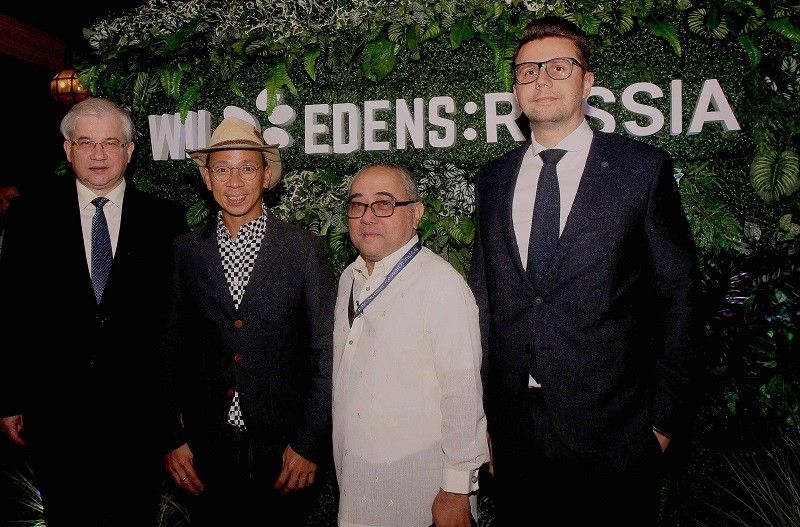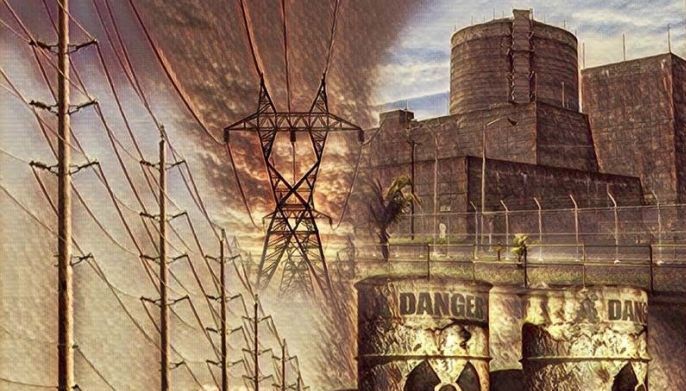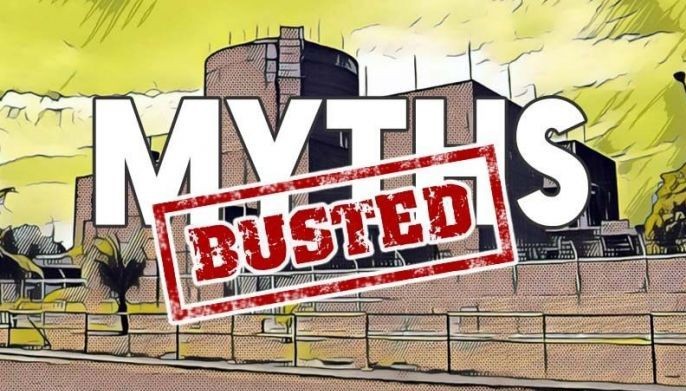New documentary on global warming released in the Philippines

MANILA, Philippines — As debate over global warming continues, a new documentary highlighting the fight against climate change was released in the Philippines.
The short documentary film “Wild Edens: Russia," produced by Russia's State Nuclear Energy Corp. (Rosatom), features the flora and fauna in the unique natural habitats of Russia. It was filmed by National Geographic in a number of rugged and remote locations, including the Altai Mountains, the Kamchatka Peninsula, and the Artic.
The film is the first in a series of documentaries describing the unique ecosystems and species that may vanish due to global warming if people fail to reduce carbon emissions and use clean energy.
During the project launch in Manila on Friday, Russia’s ambassador to the Philippines, Igor Khovaev discussed the effects of global warming.
“Reducing the consumption of carbon energy and the creation of enterprises producing and working on ‘clean’ energy is the key to a bright and happy future of our planet,” Khovaev said.
“Here in the the Philippines, this is very well understood: as a country highly vulnerable to climate and disaster risks, it is very sensitive to the negative impact of climate change,” he added.
Egor Simonov, Director for Rosatom South East Asia, explained the main goal of the Wild Edens project.
“Through the Wild Edens project we hope to draw more attention from the international community to climate change and the need for a global transition to clean energy,” Simonov said.
In December 2015 in Paris, members of the United Nations Framework Convention on Climate Change, including the Philippines, crafted the Paris Agreement on Climate Change that calls for the reduction of carbon emissions, which have been linked to the occurrence of natural disasters and extreme weather conditions.
Signed by 175 countries in New York, on April 22, 2016, the pact took effect in November 2016 after parties representing 55 percent of global greenhouse emissions ratified its provisions.
President Rodrigo Duterte signed the landmark agreement last year despite objections to some of its provisions.
Philippine Nuclear Research Institute (PNRI) Director Carlo Arcilla explained the potential of using Rosatom’s expertise in generating clean energy in cutting greenhouse gas emissions particularly in the Philippines.
“With electricity demand increasing in the Philippines by 2 percent each year, the Philippines can turn to a clean source of energy like nuclear to expand its capacity while preserving its natural resources,” Arcilla said.
PNRI serves as the country's regulatory body for nuclear and radioactive materials. Rosatom has been partnering with PNRI to advance the country's nuclear research program, particularly in the fields of medicine and agriculture.
In 2017, Rosatom and the Department of Science and Technology signed a memorandum of understanding to enhance cooperation between Russia and the Philippines on the use of nuclear energy for peaceful purposes.
- Latest






























